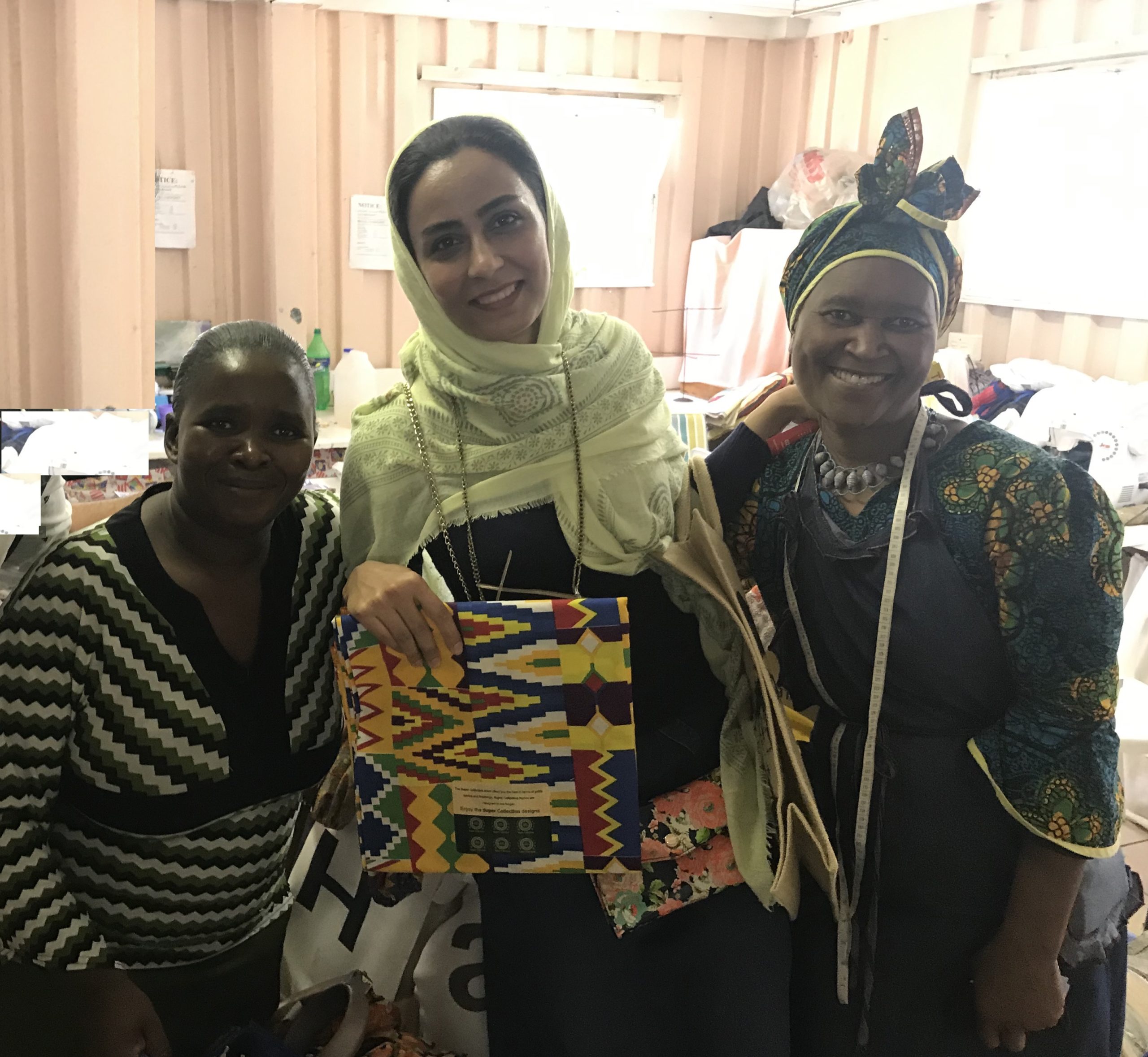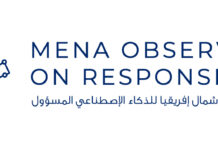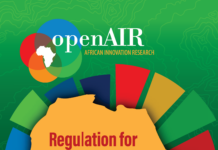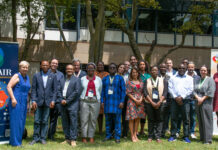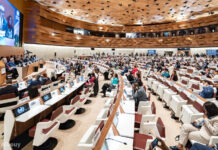By Ghazaleh Jerban
I was so excited to be travelling to South Africa as an Open AIR NERG and QEScholar, in the middle of Canada’s notorious winter and right before the coldest of the cold (i.e. the month of February). Excited that the weather in Cape Town would be nice and warm, little did I know that I was about to see one of the most beautiful cities that I’ve ever visited, with a group of the most welcoming people at the IP Unit of the Faculty of Law at the University of Cape Town.
Built on a mountain, the UCT campus has a unique character that distinguishes it from most of the academic institutions where I have studied or visited. The view of Table Mountain, which is in the list of the “New 7 Wonders of Nature”, is one of the things that makes walking on the campus enjoyable, especially if it is followed by fun, informative conversations entailing cultural exchanges with the highly diverse IP unit team members from Germany, South Africa, Kenya, Nigeria, and Zimbabwe.
Experiential Learning
Inspired by my research on traditional knowledge (TK), during the course of my PhD program, I have come to appreciate more than ever the value of learning by experiencing. TK is a body of knowledge including know-how, skills, and practices that are developed, sustained, and passed on from generation to generation within a community, mainly through experiential learning.
During my PhD, I have undertaken two fieldwork excursions and several internships / fellowships, which have allowed me to learn things that I would not have been able to discover if I had stayed in my library cubical. I may have taken longer to finish my PhD this way, but, without a doubt, the outcome of my PhD program has certainly been more fulfilling. I once read that the outcome of your PhD program is not your thesis, the outcome is you.
When, starting out as an international PhD student at the University of Ottawa in Canada, I did not have any prior international work or study experience. Participating in various internships and fellowships at international organizations, think tanks, NGOs, government bodies and academic institutions – although pushing me out of my comfort zone – has greatly expanded my thought horizons and helped me to gain not only technical knowledge, but also soft skills that every researcher requires if s/he wants to have an impactful career.
Traditional Knowledge and Women

One of the highlights of my PhD studies was undertaking two fieldwork excursions. These gave me the opportunity to travel and interview indigenous and local women regarding their traditional practices, with the aim of highlighting that their needs and interests should inform TK law and policy.
Enjoying the diverse and colourful culture of Capetonians, it did not take long for my assumptions – which were mostly based on my research and readings – regarding the role of South African women in TK systems to be confirmed as a result of my direct observations. Studying the topic of women’s TK for more than five years has sharpened my lens for capturing any relevant data. For instance, even when I am in the middle of sightseeing as a tourist visiting a village in Morocco or visiting impoverished persons in the Imizamo Yethu Township in Cape Town, I cannot help noticing the local women’s TK-based contributions to their families and communities.
In my visit to Imizamo Yethu Township, I came across Glory and Star, two local women who have a workshop at a community centre, producing traditional South African handicrafts. Their microbusiness is built upon the traditional knowledge and skills that have been passed down to them through generations. During my interviews, Glory, who designs garments based on traditional South African patterns, pointed to Star, who has to walk with crutches and said, “Disability is not inability”. Protection of TK in a gender-aware manner, where indigenous and local women’s contributions are recognized and compensated, can bring women affected by various forms of marginalization (gender, race, indigeneity, disability, etc.) out of the dark corners of the existing IP system. Similarly, when I asked about the meaning of “Imizamo Yethu”, I was told that it means “our collective struggle”. It made me wonder whether the existing IP system, with its individualistic foundations, is ready to accommodate the creativity and innovation of people for whom “collective” is deeply imbedded in their culture and identity. Not only is their TK held and practised collectively, their struggle is also shared and resisted collectively.
TK and Women Around the World
In fact, from saffron farms in distant villages of Iran, to carpet weaving workshops in Kashan, to home workshops in remote villages in Morocco, all the way to the Imizamo Yethu Township in Cape Town, indigenous and local women have been utilizing their traditional knowledge and skills for generations to provide for themselves, their families, and their communities. Whether the intellectual property system is ready to play its role in empowering women in indigenous and local communities through recognition of their role in the TK system remains to be seen at the WIPO-IGC negotiations and other fora which have the issue of TK protection on their agenda.
I feel sincerely honored to have been selected as the recipient of the QES Fellowship.
I thank Open AIR and their donors for the opportunity. My PhD thesis provides a detailed analysis of women’s role in TK system and how it should inform TK protection mechanisms. My QES experience was exactly relevant to this and allowed me to enrich my doctorate research and expand my professional network.

